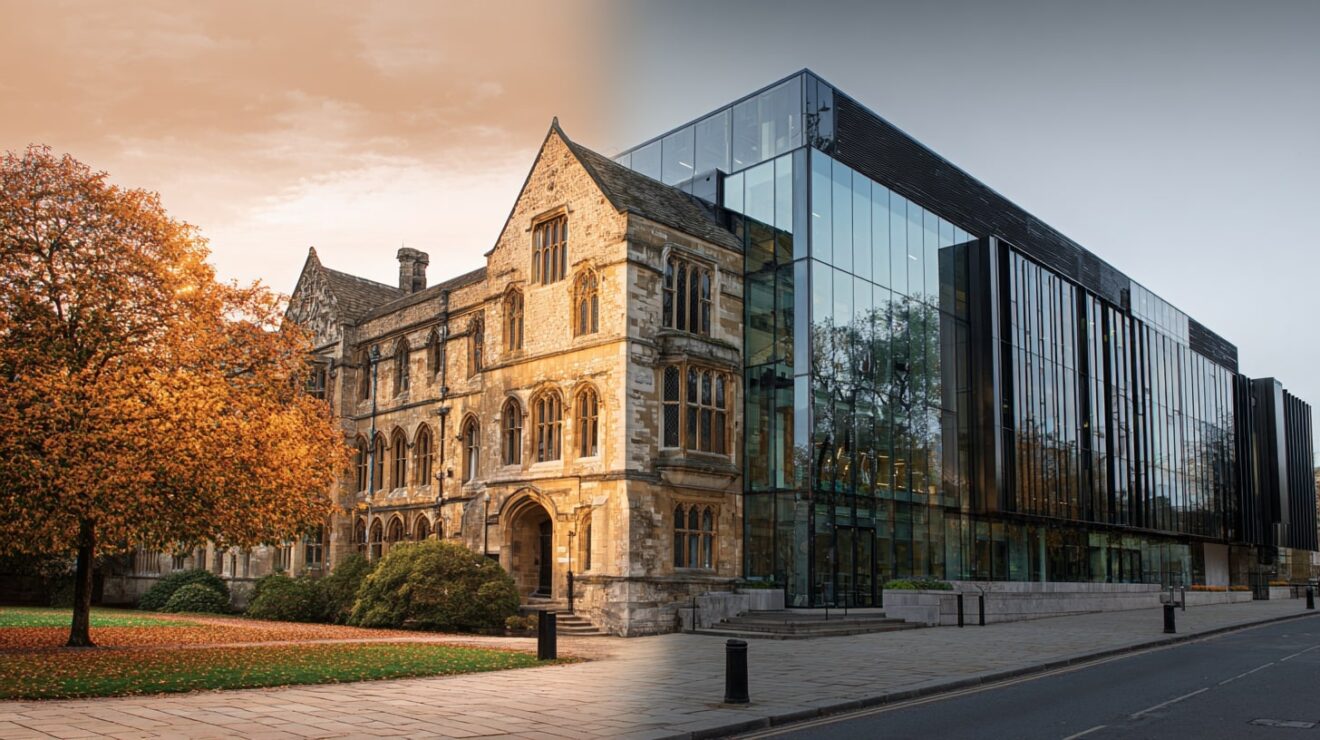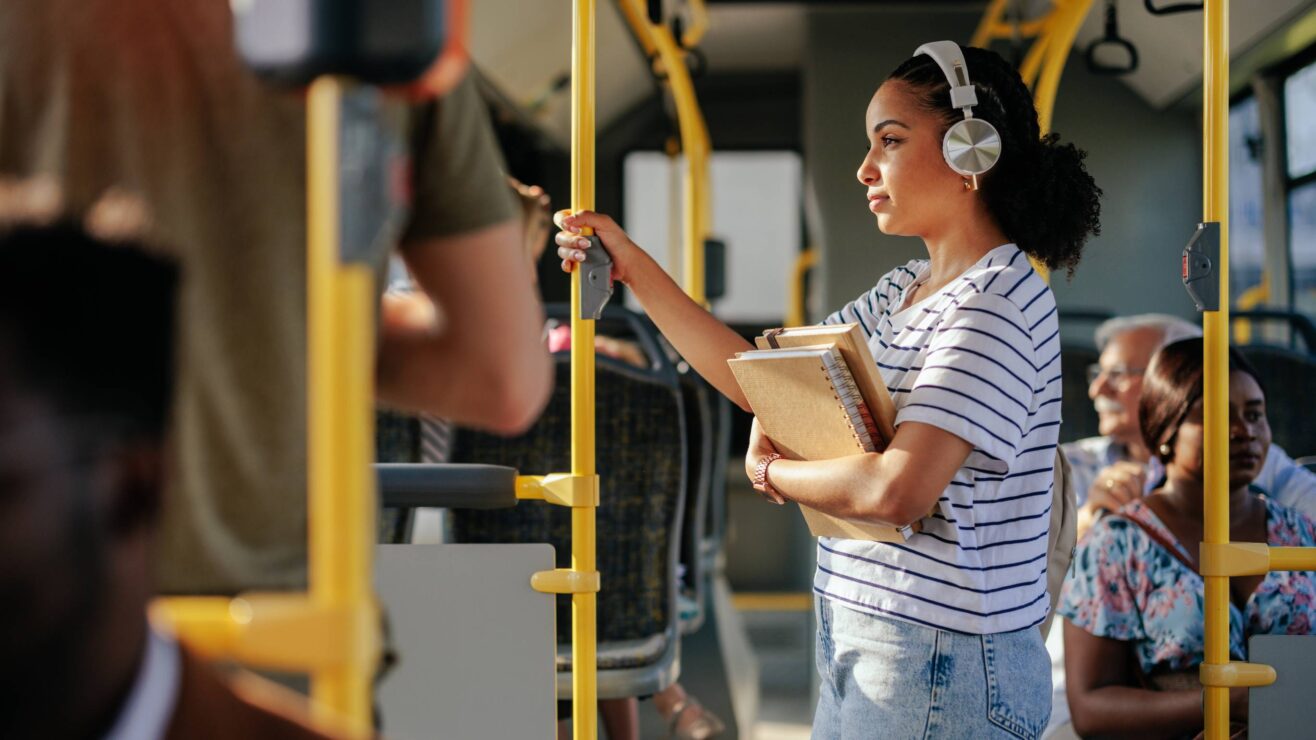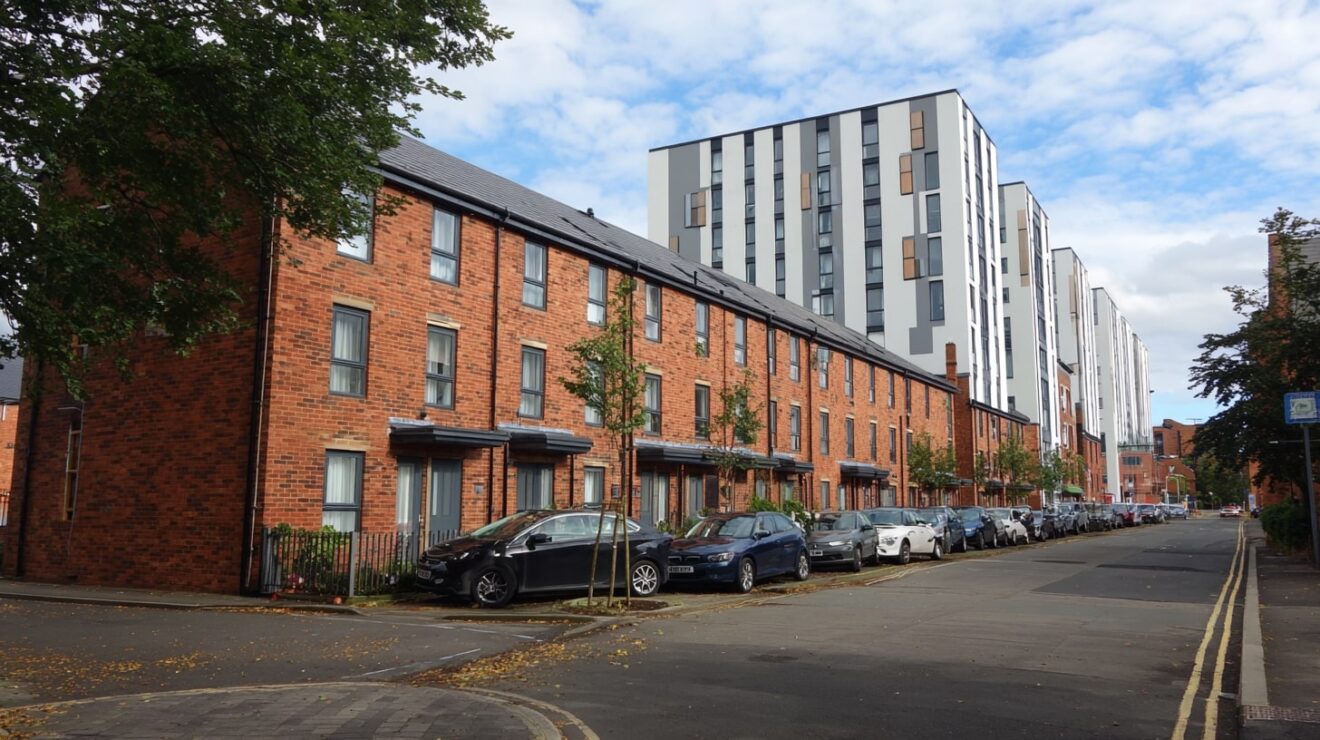You know the questions. They seem to be everywhere and nowhere all at once.
They’re grumbled by world-weary academics who “don’t see what the SU has to do with me”. They’re whined by officers in their second year who don’t want to get out of bed today. They’re accompanied by a disdainful shrug by a disillusioned third year as they try and slink past a campaigning candidate. What are the officers? What do they do? And why do we need them anyway?
The fastest way to answer is that, according to the Education Act 1994 and most SUs’ constitutions – we have to have them. But with all the marketing around the role of an officer that’s about to appear in the pre-SU election season, that surely cannot be all we say.
Over the past few months I spoke to sabbatical officers from several unions, interviewed the students they represent, and read more policies and manifestos than I care to remember. Surprisingly, there seemed to be more in common between these sources than they would admit.
Self-reflection
In my research into officer perspectives on officer roles, a number of themes and patterns began to emerge – in my current role, themes and patterns form the basis of my analysis of student feedback – so naturally, I was drawn towards that.
Overall, there were four similarities between almost every officer I spoke to or studied:
- All of them were involved with the SU prior to their running as an officer. Whether that was as a society committee member, an academic rep, or a faculty rep, all of them were focused on engaging so-called “hard to reach’” students in order to broaden their reach and improve the student experience.
- The overwhelming majority of officers were focused on representation of the student voice at all levels of academic decision making. They specifically mentioned bringing the student voice to the attention of people such as their respective Vice Chancellors and local authorities.
- The role of an officer is, clearly, a campaign heavy one; indeed, “promoting the interests and welfare of students during their period of study and representing, supporting and advising students” is in the majority of these modified model SU Articles of Association, and this is a huge focus for most of them.
- And finally, partnership – overwhelmingly, officers sought to position themselves as the leaders of an SU which acted as a “critical friend” to their university. They do not want to work AGAINST their fellow institution, but rather in partnership with the universities to best improve the student experience for everyone.
These themes of engagement, representation, campaigning, and partnership formed the basis of the arguments for why officers believed officers were necessary. In their roles, officers are often asked “what students want”, and part of their job is to answer this, whether that is by bringing student concerns to university meetings or running campaigns based on feedback.
For example, York SU’s implementation of a Working Class Officer role was carried out after more deeply examining student feedback. This led to the creation of the York Has Class conferences, enabling students to tell their stories “in their own voice”, creating effective representation from effective campaigning. At ARU an officer ran a Body Positivity Campaign in response to both formal and informal student feedback, as well as wider research, and this resulted in the creation of a Body Positivity Society – another example of student engagement springing from an officer’s campaigning initiative, backing up the officer’s perceptions of their roles and hitting every theme along the way.
Through the looking-glass
On the other side, we have the students that the officers represent. Critics of the role of an officer often ask why students can’t run campaigns themselves, using the permanent SU staff for help. This is usually explained by reiterating the fact that officers are elected officials who take a year out of their studies for a paid role dedicated to everything they promise in their manifestos; they aren’t as time – or cash – poor as the average student in this regard, meaning more time to focus on those four themes.
I interviewed students from a couple of different universities with one main question – “what does the SU need officers for?”
Ideally they are the guys that go between the uni and the SU to implement changes that benefit students, I guess.”
They’re there to lead the SU and run campaigns on behalf of the students that will help improve university life and help promote a diverse and inclusive university campus.”
I’m not 100% sure but don’t they oversee a bunch of union stuff at once? Like running projects and going to meetings?”
Each of these students was involved with their SU to different degrees; one a society member, one an LGBT+ rep, and another mostly apathetic to the goings-on of their SU. Despite these differing perspectives, across their interviews these students managed to almost exactly match up with the officer’s perception of the role; running campaigns, implementing change, and, perhaps most importantly, doing their jobs “on behalf of the students” – the cornerstone of the role.
Mirror images
And what about those who work alongside the officers – the permanent SU staff and those who work for the university? In a 2014 study, it was found that 75% of sabbatical officers surveyed preferred concentrating on representation and change within their institution, rather than external activism and with this, a strong partnership with university SMT in order to make real change. Focusing on the common pressures faced by both SU and university allows for a combined, strengthened approach, and is usually essential to getting officers into the spaces where they can make change, giving students a voice in places they would otherwise be voiceless.
The idea of officers making more of an impact with “a seat at the table” rather than protesting outside the boardroom is one that allies with the theme of partnership present in both student and officer perspectives.
Everything else is optional
So, do SUs need officers? And if so, why? Is it just because we’ve been doing it so long we cannot fathom another way, or only because the Education Act prescribes it?
It has been said before that to set up an SU, the first people you would hire would be an adviser and an officer – one for individual representation, and one for the representation of the student collective.
Giving students the opportunity to take on a role that covers policy, strategic development, representation, campaigns, finances, and engagement may seem like a big ask, but perhaps the most necessary part of an officer is that it is a role that must be voluntarily walked into.
Officers put themselves through the scrutiny of campaigning, the anxiety of voting week, and the uncertainty of their first few months in office (often under the shadow of the outgoing officers’ achievements) because of a genuine desire to create change and, in the words of my SU’s President, a hope that they could get in the room with important people and make them see that it is the students that are truly important.
In short, SUs need officers, because they offer a unique perspective, a certain determination, and a face for students to recognise as the one improving their university experience. And they’re great value for money too.

















